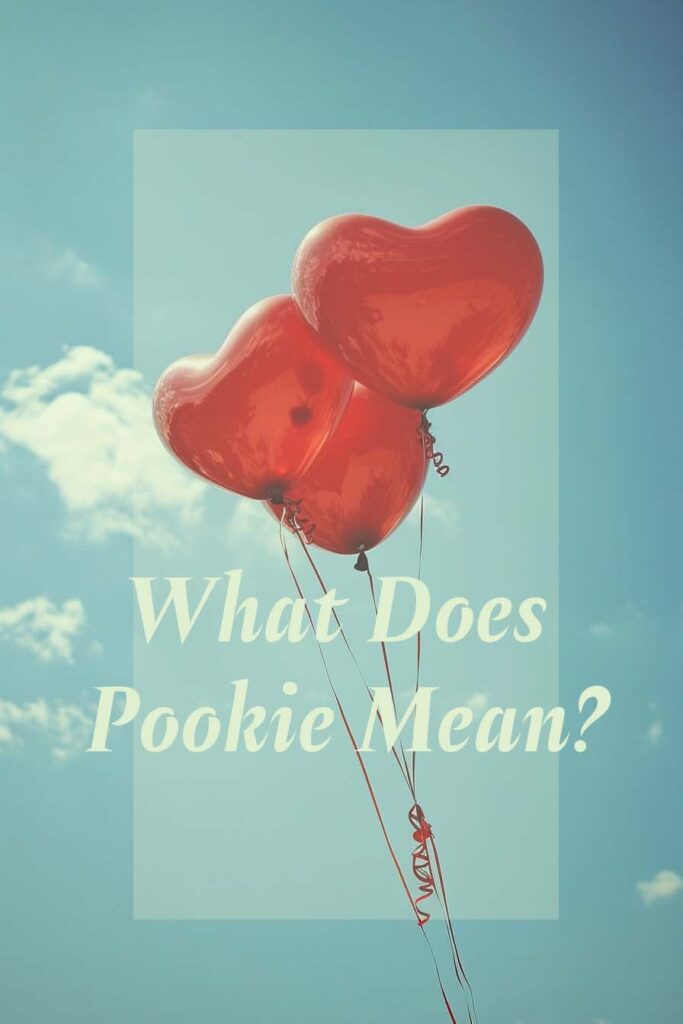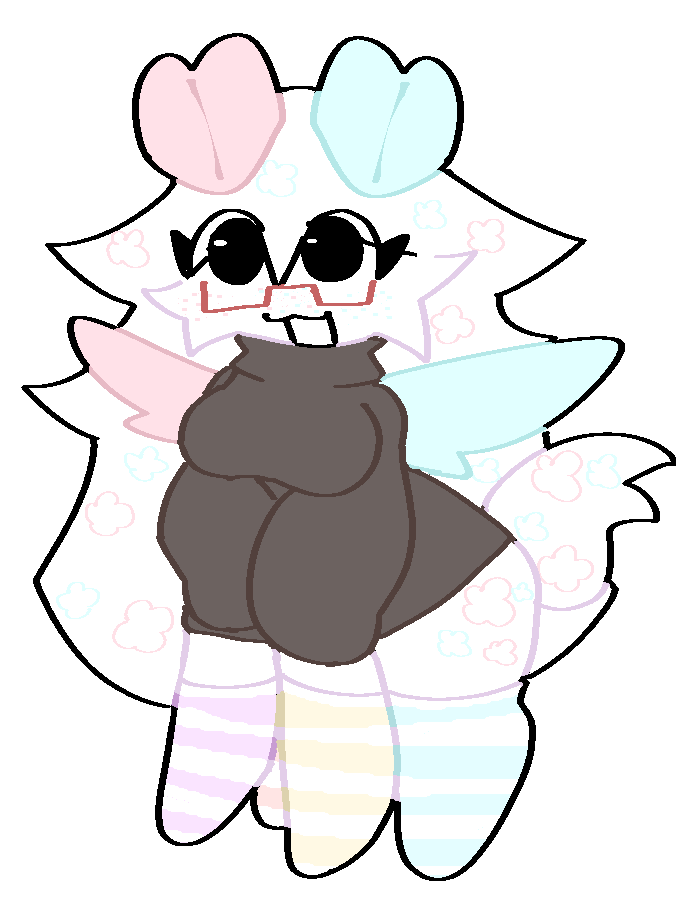Is pookie just a cutesy nickname, or has it evolved into something more? **It's a linguistic phenomenon that's taken root in the digital age, reflecting shifts in language, culture, and interpersonal connection.**
The term pookie, a word loaded with affection and often associated with all things adorable, has seemingly exploded across social media, infiltrating our everyday vocabulary. But what exactly does this seemingly innocuous word signify, and how did it achieve such widespread recognition? Its trajectory offers a fascinating glimpse into the evolving landscape of language, social media trends, and the ways in which we express ourselves in the 21st century. From its roots as a simple term of endearment, pookie has morphed into a cultural touchstone, its meaning and usage debated and dissected by various communities online. The ubiquity of pookie is undeniable, prompting both fascination and head-scratching among those who encounter it. This article will examine its usage and significance.
Let's delve into the world of pookie, exploring its origins, evolution, and impact on popular culture. Understanding its journey provides insights into the dynamics of online communication and the power of language to shape and reflect our world.
The term pookie has its origins as a term of endearment, similar to honey, sweetheart, or darling. Its primary function was to express affection, often used between romantic partners, family members, or close friends. As a nickname, pookie signals a sense of warmth, closeness, and endearment. But its journey extends beyond simple affection. It has also become a way to describe anything cute or endearing. This versatile application highlights its adaptability in the digital age.
The rise of social media has played a pivotal role in the popularization of pookie. Platforms like TikTok and Instagram have become breeding grounds for new slang terms, and pookie has undoubtedly found a home within these digital communities. Through viral videos, catchy phrases, and shared experiences, pookie gained momentum, its meaning expanding and evolving as it moved through different online circles. Internet personalities, influencers, and online creators have further fueled its popularity. The pookie couple, Campbell and Jett, have also contributed to the term's visibility, their online presence showcasing the term within a specific context of relationships and lifestyle. These examples demonstrate how social media trends can reshape language and influence how we perceive and use words.
Beyond social media trends, the cultural significance of pookie also warrants exploration. The word's usage can offer clues about shifting cultural norms, generational differences, and the way we connect with each other. Pookie has become interwoven into the fabric of online interactions, prompting conversations about identity, belonging, and the evolution of language in a digital world.
Caitlin Begg, a sociological researcher and founder of Authentic Social, has noted the rising popularity of pookie, indicating the term's significant presence in contemporary online dialogues. Experts have started analyzing the origins and uses of pookie and other terms such as gyatt, skibidi, and sigma which are used, especially by Gen Alpha. These observations underscore the term's importance in understanding communication trends and cultural nuances.
The Urban Dictionary defines pookie as a nickname for a best friend or someone loved, further illustrating its common usage as a term of affection. The term is a versatile slang term, especially among teenagers. While its association with online trends and internet personalities is hard to ignore, its usage is still diverse. Parents need to understand the changing dynamics of online communication to connect with their children.
The debate surrounding pookie also highlights the complex nature of language. Some view it as a harmless term of endearment, while others find it cloying, overused, or even nonsensical. These differing opinions illustrate how individual experiences, cultural backgrounds, and personal preferences can shape our understanding of language. While many consider it a charming nickname, others might find it odd, depending on individual preferences and context. Ultimately, the meaning of pookie lies in its usage and interpretation.
| Data Category | Details |
|---|---|
| Term | Pookie |
| Origin | Term of endearment |
| Common Usage | Nickname for loved ones, expressing affection |
| Social Context | Social media, online communities |
| Cultural Significance | Reflects changing cultural norms and communication trends |
| Related Terms | Honey, sweetheart, darling |
| Related Personalities | Prayag Mishra, Campbell and Jett |
| Expert Analysis | Caitlin Begg, sociological researcher |
| Online Reference | Urban Dictionary |
The word pookie is more than a mere slang term. It provides insights into the complexities of language, online communication, and the ever-changing nature of culture. By exploring its origins, social media presence, and cultural significance, we can gain a deeper understanding of its appeal, usage, and impact. Ultimately, pookie serves as a reflection of our times, and as digital natives continue to engage with language, its meaning and usage will continue to evolve, influencing the world around us.



